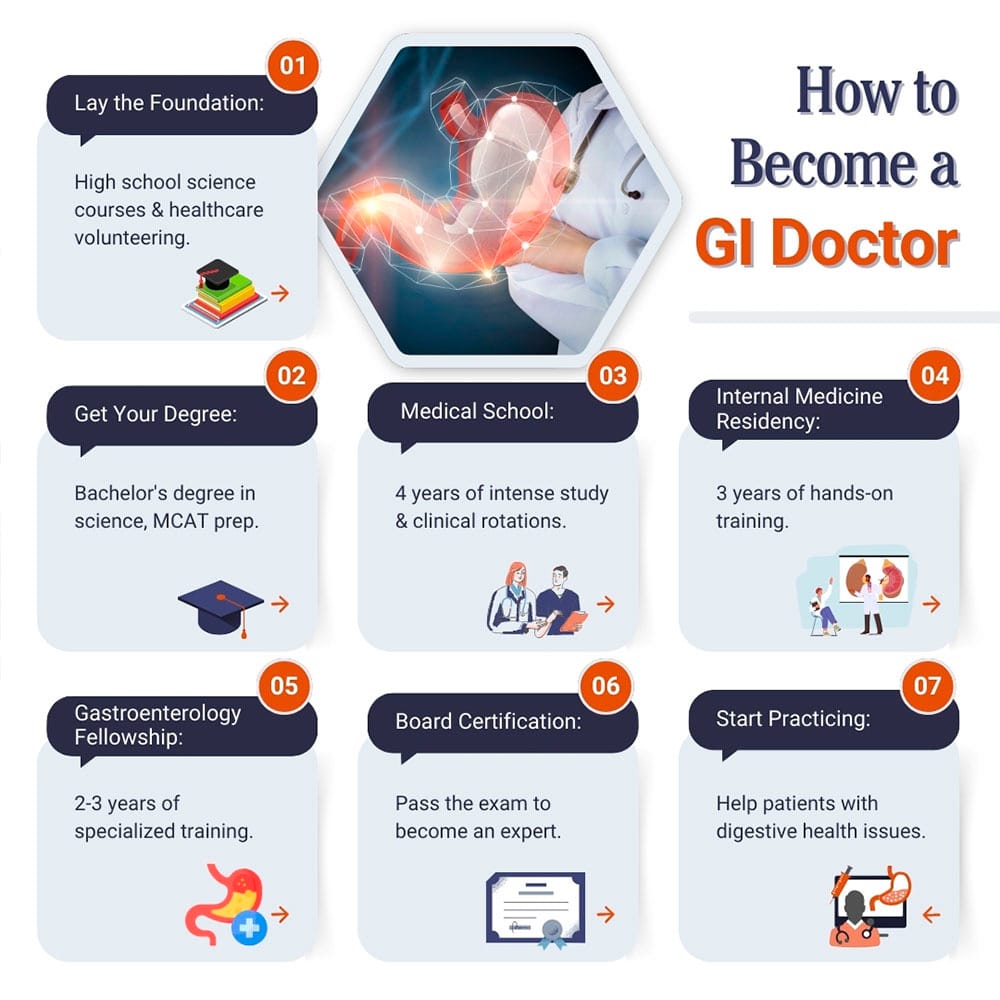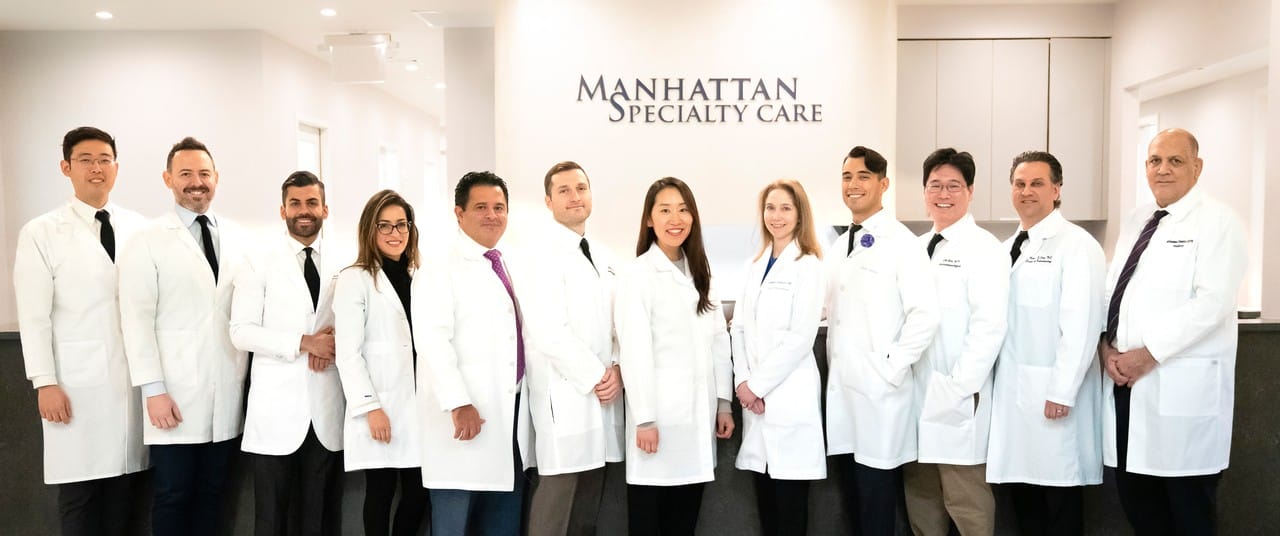Alright, so you’re looking into becoming a gastroenterologist? It’s definitely a fascinating field—especially if you’re the type who’s endlessly curious about how the human body works, right down to how it processes your last meal. But let’s be real here: it’s not a quick journey, and it’s not for everyone. You’ll be studying, training, and testing for years. But if the digestive system genuinely fascinates you, this path can be incredibly rewarding.

What Even IS a Gastroenterologist?
Before we dive into the “how,” let’s get a quick sense of the “what.” Gastroenterologists are the doctors we go to for anything and everything related to our digestive system. They’re specialists who handle conditions affecting the stomach, intestines, liver, and more. If you’ve got heartburn, a mystery stomach ache, or something more serious like Crohn’s disease, these are the folks who help.
So, What Does It Take?
Let’s break this journey down. Here’s a step-by-step on what it takes to become a board-certified gastroenterologist, starting right from high school.
1. High School: Lay the Foundation
If you’re still in high school, great! You’re ahead of the game. Load up on science classes like biology and chemistry. If you’ve got a knack for this stuff, it’ll only help you down the road. Plus, joining any science clubs or volunteering at local hospitals isn’t just good for college applications—it’s a chance to see if you really like the medical vibe.
2. Get Your Bachelor’s Degree (4 Years)
Now, college. You’ll need a bachelor’s degree in something science-heavy—most future doctors go with biology or chemistry, but you could pick anything as long as you hit the prerequisites for med school (think organic chemistry, biology, physics). It’s also smart to get some experience in healthcare, whether that’s volunteering or working as a medical scribe. Not only will it build up your resume, but you’ll get a real sense of what life in medicine is like.
3. Take the MCAT
Next up: the MCAT. This exam tests you on everything from biology to critical thinking. It’s not exactly a walk in the park, so plan to study hard, maybe even take a prep course if you can swing it. Med schools look closely at MCAT scores, so give yourself the best shot by really preparing for this one.
4. Go to Medical School (Another 4 Years)
Once you’re in med school, you’re looking at four years of intense learning, both in the classroom and in real clinical settings.
- Years 1-2: Mostly classroom and lab work here. You’ll cover anatomy, pharmacology, and a bunch of other fundamentals. It’s a lot of memorizing and exams, no doubt about it.
- Years 3-4: This is when it gets real. You’ll do rotations in different specialties like surgery, internal medicine, and pediatrics. It’s also a chance to see if gastroenterology is genuinely your thing, or if something else catches your interest along the way.
5. Internal Medicine Residency (3 Years)
After med school, you’ll apply for an internal medicine residency. This part lasts about three years, and it’s where you really start working with patients every day. Under the watchful eye of experienced doctors, you’ll learn to diagnose and treat a variety of conditions. This broad training will give you the foundation you need before specializing in gastroenterology.
6. Gastroenterology Fellowship (2-3 Years)
Once your residency is complete, it’s finally time to specialize. During your gastroenterology fellowship, you’ll zero in on digestive health, from learning how to perform endoscopies and colonoscopies to diagnosing liver diseases. This hands-on period lasts about two to three years and gives you the expertise you need to start practicing independently.
7. Pass the Board Certification Exam
Next comes the gastroenterology board certification exam. Passing this isn’t technically required everywhere, but it’s a strong move if you want to be recognized as an expert. Plus, a lot of employers look for board-certified doctors, so it’s worth going for.
8. Optional: Specialize Even Further
If you’re up for even more training, there are sub-specialties within gastroenterology, like hepatology (liver focus) or advanced endoscopy. Going down these routes can mean even more specific training and certification, but it’s a great way to expand your expertise.
9. Start Practicing
And finally—you’ve made it! After all that hard work, you’re now ready to practice as a full-fledged gastroenterologist. Most work in hospitals, clinics, or private practices. Some go into research or even teach at medical schools to help future doctors find their way.
So…How Long Does This Take?
When you add it all up, it’s around 13-15 years after high school.
Here’s the breakdown:
- Bachelor’s Degree: 4 years
- Medical School: 4 years
- Internal Medicine Residency: 3 years
- Gastroenterology Fellowship: 2-3 years
It’s definitely a marathon, but if you’re passionate about helping people with their digestive health, the end result can make it worth every step.
Skills You’ll Need Along the Way
Being a gastroenterologist isn’t just about knowing the science.
Here are a few skills that’ll help you thrive in the field:
- Attention to Detail: Many digestive issues come down to small symptoms, so catching these is key.
- Steady Hands: You’ll be handling scopes and instruments during procedures like endoscopies.
- Empathy: Digestive health can be a sensitive topic, so having a good bedside manner really helps.
- Problem Solving: Many symptoms overlap in digestive health, so a strong analytical mind will serve you well.
Is This Path Right for You?

If you’re fascinated by the digestive system, like helping people, and don’t mind the years of training, gastroenterology might just be a great fit. It’s a constantly evolving field with new research and treatments always emerging, so there’s always something to learn and discover.

